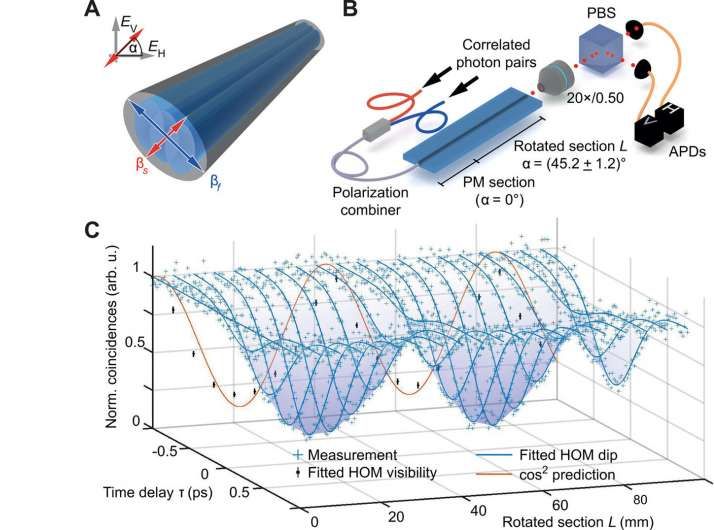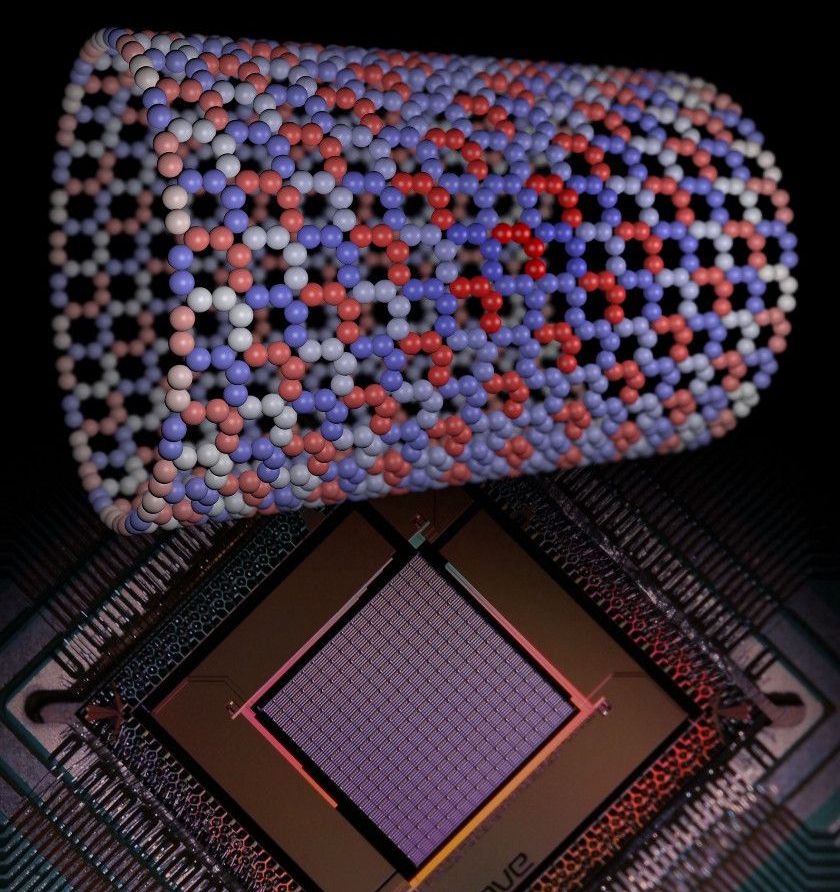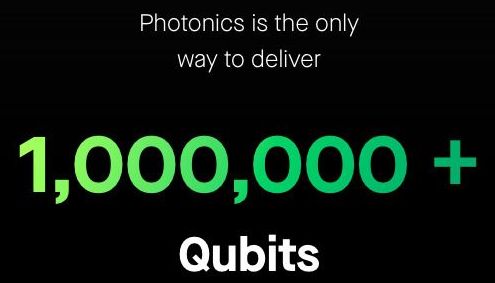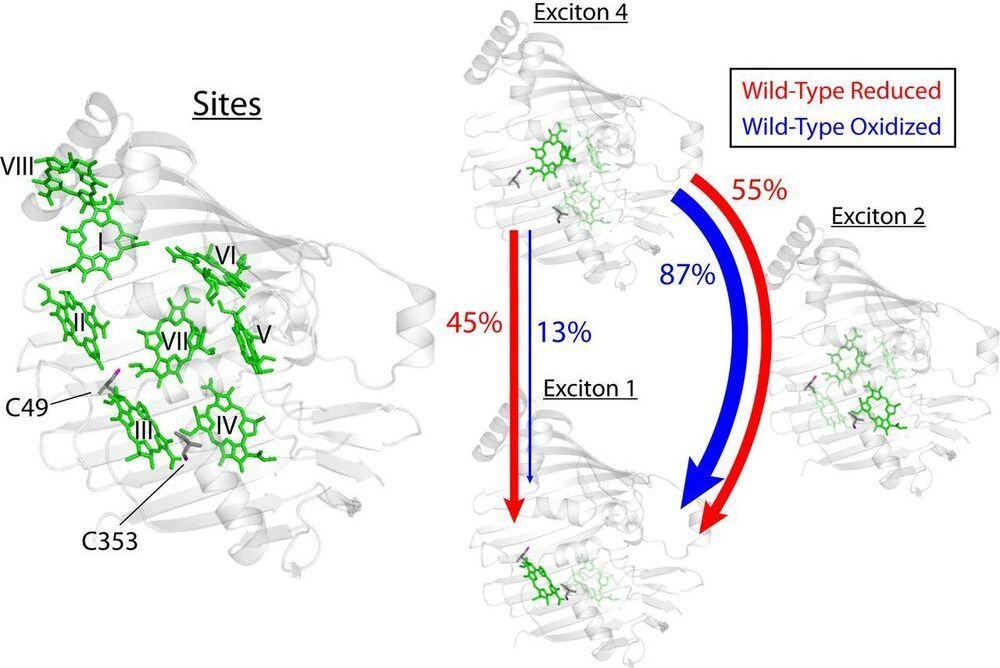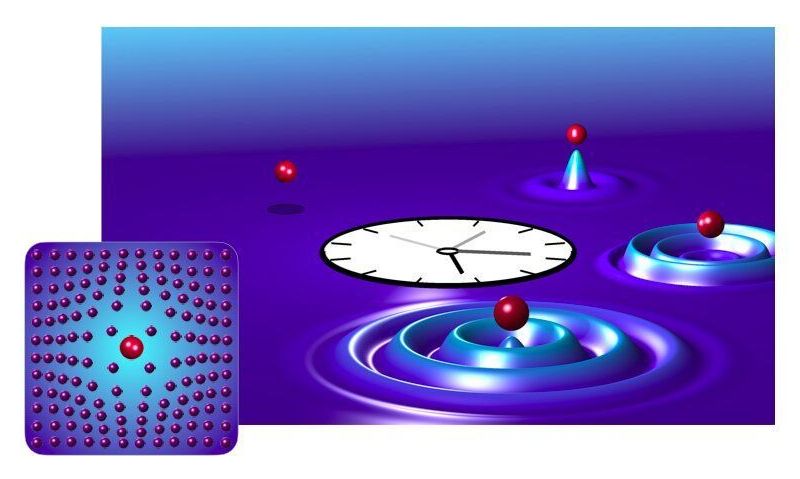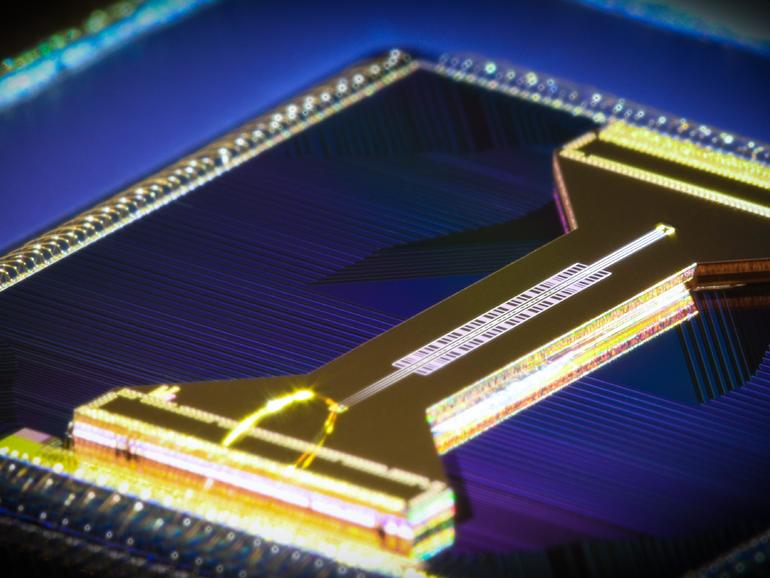Graph representations can solve complex problems in natural science, as patterns of connectivity can give rise to a magnitude of emergent phenomena. Graph-based approaches are specifically important during quantum communication, alongside quantum search algorithms in highly branched quantum networks. In a new report now published on Science Advances, Max Ehrhardt and a team of scientists in physics, experimental physics and quantum science in Germany introduced a hitherto unidentified paradigm to directly realize excitation dynamics associated with three-dimensional networks. To accomplish this, they explored the hybrid action of space and polarization degrees of freedom of photon pairs inside complex waveguide circuits. The team experimentally explored multiparticle quantum walks on complex and highly connected graphs as testbeds to pave the way to explore the potential applications of fermionic dynamics in integrated photonics.
Complex networks
Complex networks can occur across diverse fields of science, ranging from biological signaling pathways and biochemical molecules to exhibit efficient energy transport to neuromorphic circuits across to social interactions across the internet. Such structures are typically modeled using graphs whose complexity relies on the number of nodes and linkage patterns between them. The physical representation of a graph is limited by their requirement for arrangement in three-dimensional (3D) space. The human brain is a marked example of scaling behavior that is unfavorable for physical simulation due to its staggering number of 80 billion neurons, dwarfed by 100 trillion synapses that allow the flow of signals between them. Despite the number of comparably miniscule volume of nodes, discrete quantum systems faced a number of challenges owing to complex network topologies, efficient multipartite quantum communications and search algorithms.
